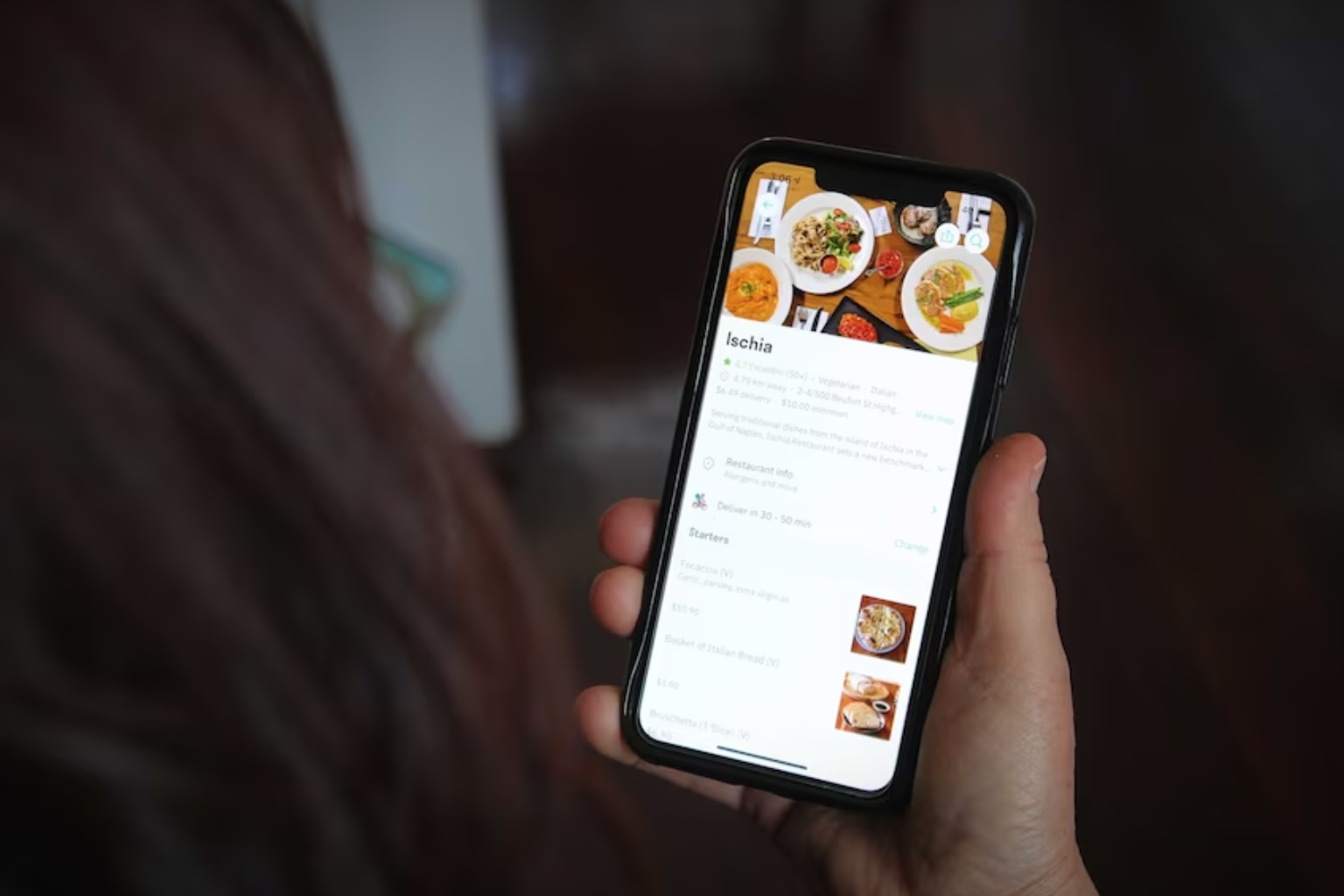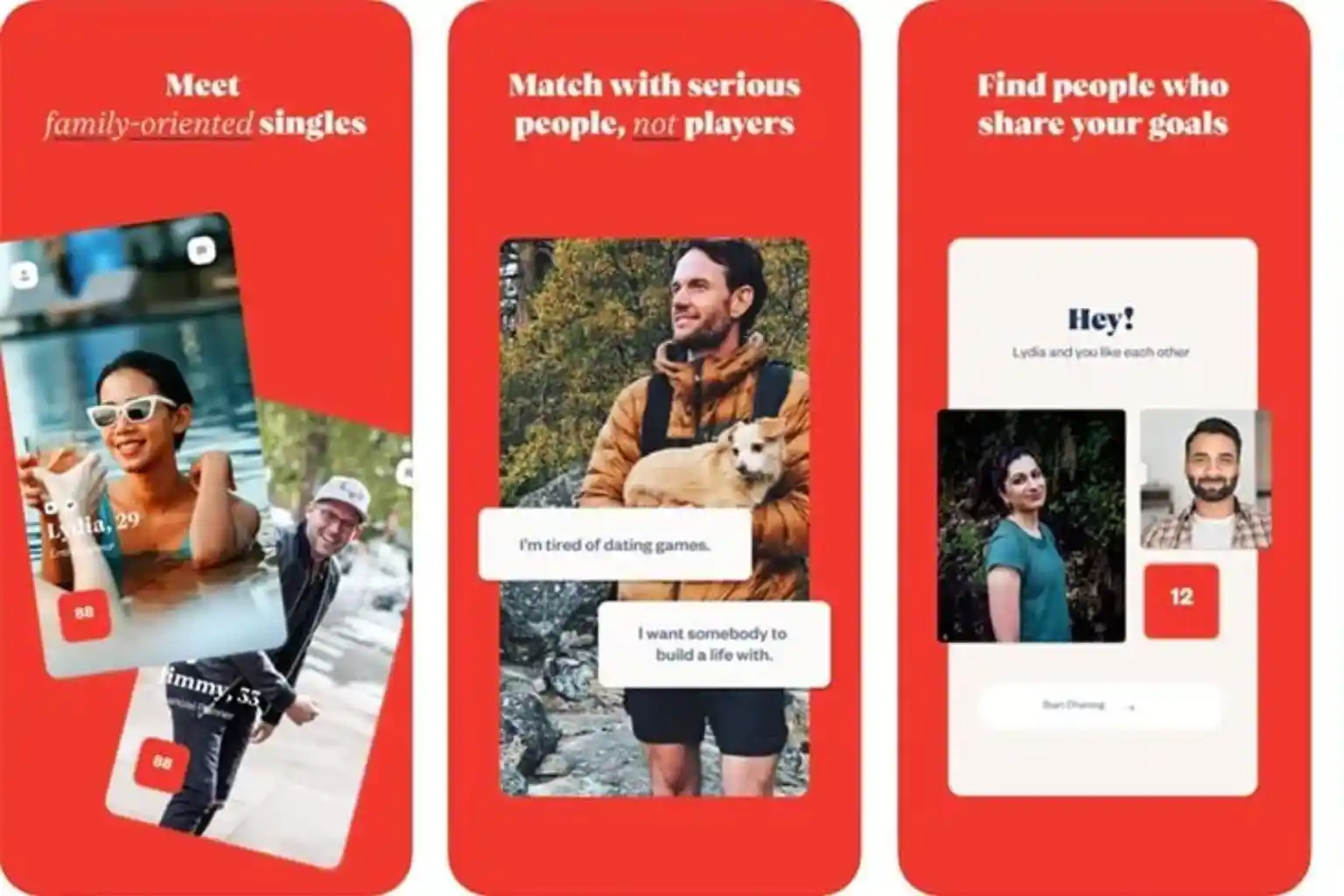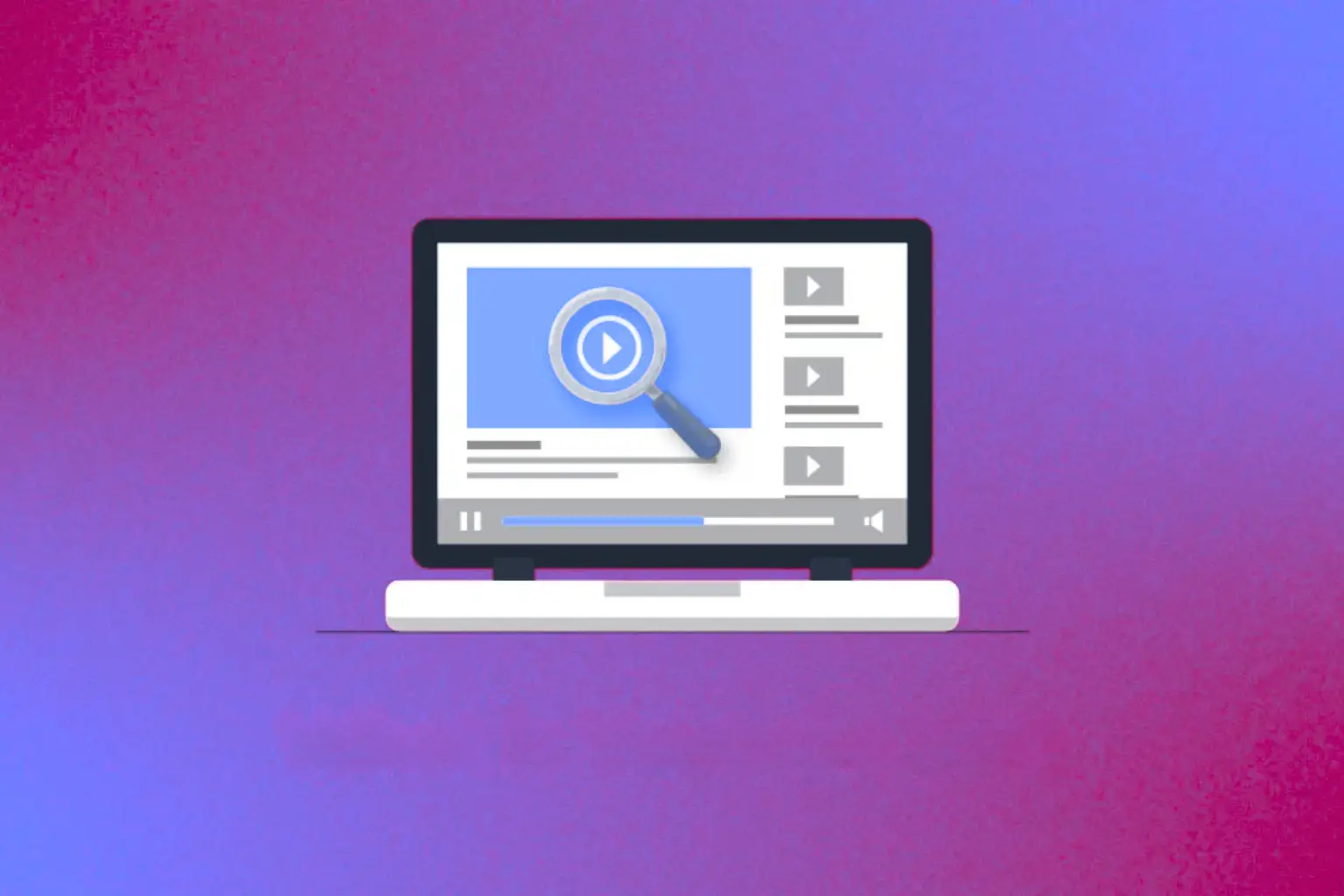
Cloud kitchens—also known as ghost kitchens or virtual restaurants—are transforming the food industry by focusing exclusively on delivery-first operations. Without dine-in services, these kitchens rely heavily on technology to remain efficient and profitable. At the heart of this digital revolution are mobile apps. From order management to personalized marketing, mobile apps empower cloud kitchens to thrive in a competitive market. In this blog, we’ll break down seven ways mobile apps drive success.

Streamlining Ordering and Delivery Operations
One of the biggest strengths of mobile apps for cloud kitchens is their ability to centralize orders. Instead of manually checking multiple platforms, apps consolidate all incoming orders into one place. This saves time and prevents human error, especially during busy hours when demand spikes. With a unified dashboard, staff can prioritize tasks based on prep time, location, and order volume.
Mobile apps also improve communication with delivery partners. Riders receive instant notifications, optimized routes, and real-time tracking. This ensures fewer delivery delays and keeps customers informed about the status of their meals. Customers who know when their food will arrive are less anxious, which directly boosts satisfaction.
Automation plays a huge role here as well. AI-driven allocation ensures that delivery drivers closest to the pickup point are assigned automatically. This reduces idle time, lowers fuel costs, and keeps deliveries fast. When demand surges, automation balances loads efficiently, preventing bottlenecks in one part of the city while other drivers wait for jobs.
For kitchens, automation improves accuracy. Orders come with detailed digital instructions, including portion sizes, add-ons, and cooking preferences. This minimizes mistakes compared to manual entries and builds trust with customers who expect consistency in their food.
Real-time reporting also gives managers better visibility. They can monitor average prep times, dispatch speed, and delivery performance. These insights allow continuous optimization, ensuring that customers receive their meals quickly and reliably.
Cloud kitchens considering their own digital ecosystem can benefit from delivery app development tailored to their operations. A custom app makes scaling easier as order volume grows.
In short, streamlined ordering and delivery operations form the backbone of cloud kitchen success. Without apps, scaling beyond a small local market would be nearly impossible.
Enhancing Customer Engagement and Loyalty
Unlike traditional restaurants, cloud kitchens don’t have waiters or physical spaces to engage with customers. Mobile apps fill this gap by becoming the main channel for interaction. Features like push notifications keep the brand present in the customer’s daily life, reminding them of discounts, special offers, or new menu items.
Loyalty programs are another proven tactic. By rewarding customers with points, cashback, or exclusive deals, apps encourage repeat purchases. Gamified engagement—such as challenges or streak bonuses—creates excitement and keeps users coming back.
Personalization adds another layer of loyalty. Apps can analyze order history to recommend new meals, combos, or upgrades. For example, if a user regularly orders sushi, the app can highlight new Japanese dishes or special offers. This feels personal and builds an emotional connection with the brand.
Reviews and feedback are crucial for building trust. Apps allow customers to share their opinions instantly, giving businesses real-time insights into what’s working and what needs improvement. Proactive responses to feedback also strengthen customer relationships and show that the brand values its audience.
Integration with social platforms extends engagement further. Customers can share their favorite dishes on Instagram or TikTok, creating organic brand advocacy. Combining this with social media marketing ensures greater visibility across multiple channels.
Proactive campaigns such as birthday discounts, festive offers, or limited-time bundles make customers feel valued. This personal touch strengthens brand loyalty and differentiates one kitchen from another in a crowded marketplace.
Ultimately, customer engagement through mobile apps isn’t just about promotions. It’s about creating memorable experiences that turn one-time buyers into repeat customers and advocates.
Data-Driven Insights for Better Decision Making
Data is the new fuel for growth, and mobile apps generate an abundance of it. Every order, rating, and click provides valuable insights into customer behavior. Cloud kitchens can use this data to optimize menus, pricing strategies, and marketing campaigns.
Menu optimization is one of the most direct benefits. By analyzing which dishes sell the most and which underperform, kitchens can refine their offerings. Eliminating low-demand items reduces waste while doubling down on popular meals increases profits.
Predictive analytics helps with inventory and staffing. If data shows that pizza sales spike on weekends, kitchens can stock ingredients accordingly and schedule more staff. This minimizes shortages and ensures faster service during peak times.
Marketing also benefits from data segmentation. Different groups of customers—vegans, families, students—can be targeted with specific promotions. Personalized campaigns have higher conversion rates and create stronger customer relationships.
Data also highlights operational inefficiencies. Kitchens can track average prep times, delivery delays, and complaint patterns. Fixing these bottlenecks leads to smoother workflows and happier customers. Businesses looking for advanced insights can explore AI development solutions for predictive analytics and automation.
Customer lifetime value (CLV) tracking is another powerful metric. By understanding how much value each customer brings over time, kitchens can decide where to invest in retention strategies versus acquisition.
In the long run, cloud kitchens that leverage data are better positioned to adapt, innovate, and grow sustainably compared to those that rely on guesswork.
Reducing Operational Costs Through Automation
Running a cloud kitchen comes with high competition and thin margins. Automation through mobile apps helps reduce operational costs significantly. Automated order processing, digital inventory management, and AI-powered scheduling cut down on manual labor and human error.
Inventory automation ensures kitchens never overstock or run out of essential ingredients. Apps track stock in real time and can automatically place supplier orders when levels drop below a threshold. This reduces food waste and ensures consistent availability.
Staff scheduling is another area where automation saves costs. Apps can predict demand patterns and assign shifts accordingly, avoiding unnecessary overtime or idle hours. This not only saves money but also keeps staff productivity high.
Payment automation simplifies transactions. Customers can pay using digital wallets, cards, or UPI directly within the app. This reduces the need for cash handling, cuts down errors, and ensures faster checkout times.
Back-office tasks such as accounting, reporting, and vendor management can also be automated. This frees up management to focus on strategy instead of administration. Businesses looking to further optimize can explore BPO services that combine automation with outsourcing for maximum efficiency.
Automation also improves scalability. As order volumes grow, apps can handle the increased workload without requiring a proportional increase in staff. This makes it easier for businesses to expand to new markets without incurring heavy operational costs.
In short, automation ensures cloud kitchens run lean, efficient, and scalable, giving them a competitive advantage in a saturated market.
Expanding Market Reach with Virtual Brands
Cloud kitchens have a unique advantage: the ability to run multiple virtual brands from a single location. With mobile apps, operators can manage different menus and cuisines under separate brand identities while using the same kitchen infrastructure.
This strategy allows one kitchen to cater to diverse customer segments. For example, a single kitchen can run a pizza brand, a burger brand, and a vegan brand simultaneously. Each has its own app presence, marketing campaigns, and target audience.
Mobile apps also make it easier to expand geographically. By analyzing order data, kitchens can identify high-demand areas and launch new delivery zones without opening expensive dine-in outlets. Apps provide heat maps of order density, guiding smarter expansion decisions.
Partnerships with third-party delivery platforms further extend reach. By integrating with multiple platforms at once, kitchens gain visibility across wider markets. Customers searching for food on aggregator apps can discover new virtual brands, increasing exposure.
SEO and digital marketing amplify this reach even more. With SEO optimization and targeted ads, each brand can rank higher in search results, capturing new customers organically.
Cross-promotion within apps also works effectively. For example, customers who order from the pizza brand may receive offers for the burger brand, increasing cross-selling opportunities.
With virtual brands, cloud kitchens can maximize revenue per square foot while keeping costs low—a business model made possible by mobile apps.
Personalized Marketing and Promotions
In today’s competitive food industry, personalization is a must. Mobile apps track customer preferences, order history, and behavior to create targeted campaigns that feel tailor-made. This increases engagement and conversion rates dramatically.
For example, a customer who orders pasta frequently may receive a discount on Italian dishes. Families who place bulk orders can be offered combo meals, while late-night customers can get special after-hours deals. These small touches build loyalty over time.
Apps also make it easy to run referral programs. Customers can invite friends via the app and receive rewards in return. This expands the customer base organically while rewarding loyal users.
Push notifications are powerful tools for time-sensitive offers. Limited-time discounts, flash sales, and festival promotions keep customers engaged and prompt them to order quickly. Integration with PPC campaigns can further boost visibility.
Personalized promotions also work as a competitive differentiator. When customers feel recognized and valued, they are more likely to choose your brand over others that offer generic experiences.
A/B testing within apps allows businesses to experiment with different types of promotions and identify what works best. This ensures marketing spend delivers maximum ROI while continuously improving customer engagement.
Ultimately, personalized promotions turn casual buyers into repeat customers and help build long-term brand loyalty.
The Future of Cloud Kitchens with Mobile Apps
The future of cloud kitchens is deeply tied to mobile technology. With advancements in AI, IoT, and automation, the role of apps will only grow more sophisticated. Kitchens will increasingly rely on predictive analytics to forecast demand and optimize supply chains in real time.
Voice ordering and AI-powered chatbots will become standard features, allowing customers to place orders more conveniently. These technologies will also reduce the need for manual customer support, lowering costs while improving response times.
Integration with IoT-enabled smart kitchens will further enhance efficiency. Apps will monitor ingredient levels, cooking times, and equipment performance, sending alerts when maintenance is required. This minimizes downtime and ensures smooth operations.
Delivery innovations such as drones and autonomous vehicles will redefine logistics. Mobile apps will act as the control hub for coordinating these futuristic delivery methods, ensuring faster and more eco-friendly food delivery.
Sustainability will also play a key role. Apps will help track carbon footprints, reduce packaging waste, and promote eco-friendly practices. Customers are increasingly conscious of sustainability, and brands that adapt will gain a competitive advantage.
Businesses that want to stay ahead should explore advanced technology solutions for future-proofing their operations. By adopting innovation early, cloud kitchens can lead the industry instead of following trends.
In conclusion, mobile apps are not just tools for today—they are the foundation of tomorrow’s food industry. Cloud kitchens that invest now will be the ones shaping the future.
Conclusion
Cloud kitchens are redefining the food business, and mobile apps are the engines driving this transformation. From streamlining operations and automating processes to personalizing customer experiences and expanding market reach, apps provide the competitive edge that modern kitchens need.
By embracing data-driven decision-making, reducing costs through automation, and building loyalty through engagement, cloud kitchens can scale rapidly while maintaining high levels of customer satisfaction.
Ready to take your food business to the next level? Get a Quote today and let Mahi Media Solutions build your next-generation food delivery app.





